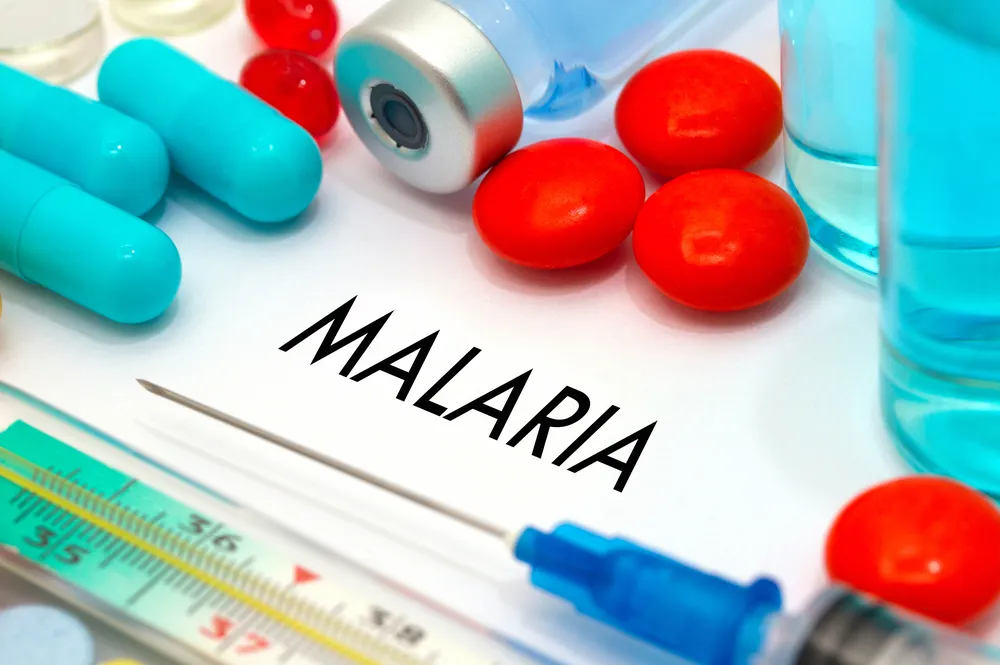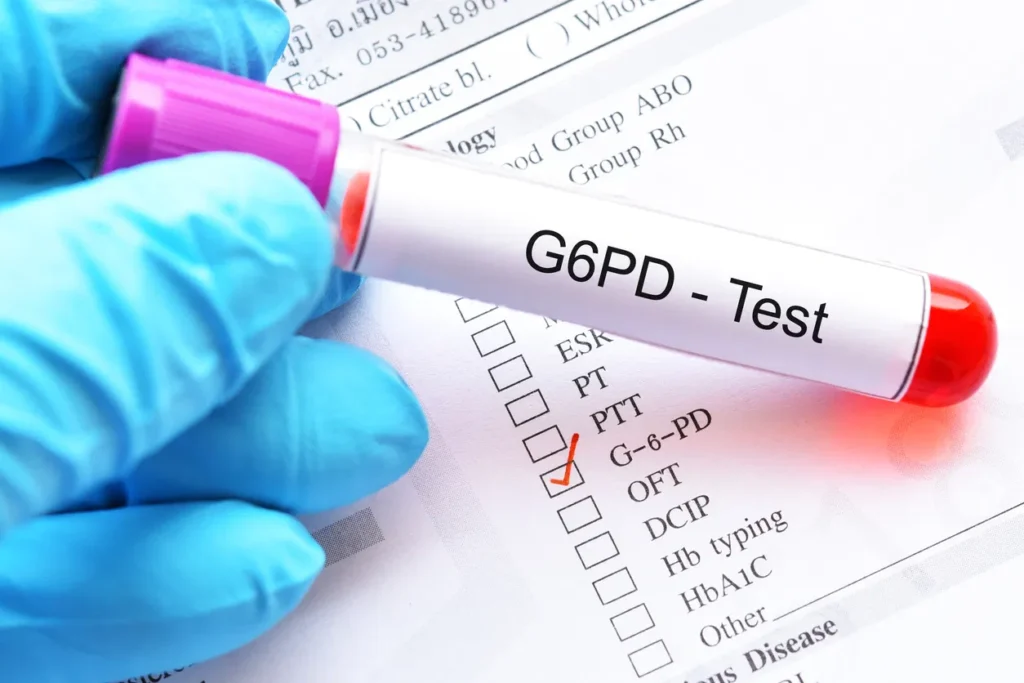
The Role of G6PD Testing in Malaria Treatment
On December 18, 2024, the World Health Organization (WHO) achieved a groundbreaking milestone by prequalifying the first diagnostic test for glucose-6-phosphate dehydrogenase (G6PD) deficiency. This move aims to enhance the safe delivery of WHO-recommended treatments for preventing relapses of Plasmodium vivax (P. vivax) malaria, a disease that significantly affects global health, particularly in low- and middle-income countries. This announcement reflects WHO’s ongoing commitment to equitable access to essential healthcare solutions.
Malaria remains one of the world’s deadliest diseases, claiming the lives of approximately 500,000 individuals each year, most of whom are children. P. vivax, a type of malaria parasite, accounts for a substantial burden of these cases, particularly in regions outside sub-Saharan Africa. In 2023, an estimated 9.2 million clinical cases of P. vivax malaria were recorded, with the parasite being endemic in all WHO regions except Europe.
The prequalification of the G6PD diagnostic test follows WHO’s approval earlier in December of two tafenoquine products for anti-relapse treatment of P. vivax malaria. These therapeutics were highlighted in the updated WHO malaria treatment guidelines released in late November 2024. Together, these advancements form part of a strategic initiative to streamline and align the organization’s processes for developing health product recommendations and overseeing prequalification.
The synchronization of these independent yet complementary functions is designed to reduce the time required to introduce critical health products to countries with limited resources. By aligning these processes, WHO demonstrates its commitment to expediting access to life-saving treatments and improving global health equity.
Addressing the Challenge of G6PD Deficiency
G6PD deficiency is a genetic condition affecting over 500 million individuals worldwide. Although many people with G6PD deficiency remain asymptomatic, the condition poses significant risks when certain medications are administered. Drugs used to prevent malaria relapses caused by P. vivax, such as primaquine and tafenoquine, can trigger acute hemolysis—a dangerous destruction of red blood cells—in individuals with this deficiency.
The lack of accessible and reliable G6PD testing has historically limited the safe and effective use of anti-relapse therapies for P. vivax malaria. This has constrained the global malaria response, as untreated relapses not only affect patient health but also contribute to ongoing transmission of the disease.
WHO’s prequalification of the STANDARD G6PD System, manufactured by SD Biosensor, Inc., represents a pivotal step in overcoming these challenges. This semi-quantitative diagnostic tool measures G6PD enzyme activity in capillary or venous whole blood, providing results in just a few minutes. Designed for use in both laboratory and non-laboratory settings, the device operates with the STANDARD G6PD Analyzer, a handheld tool that facilitates near-patient testing.
By distinguishing patients with G6PD activity levels above and below the normal threshold, this diagnostic tool provides clinicians with the critical information needed to select the most appropriate anti-relapse treatment regimen. Available options include low- and high-dose primaquine and single-dose tafenoquine. This capability ensures that patients with G6PD deficiency can receive tailored treatments without the risk of severe side effects, enhancing both safety and efficacy.

Global Implications of the G6PD Test
Dr. Yukiko Nakatani, WHO Assistant Director-General for Access to Medicines and Health Products, emphasized the significance of this advancement: “The prequalification of this G6PD enzyme test for patients with P. vivax malaria can help countries enhance access to much-needed quality-assured tests, enabling safe and effective treatment and prevention of this type of relapsing malaria. Currently, no other prequalification applications have been received for this type of test. We encourage the submission of additional products to expand the range of effective diagnostic tools available to countries in need.”
Dr. Daniel Ngamije Madandi, Director of WHO’s Global Malaria Programme, also highlighted the broader implications of this breakthrough: “Wider availability of the test can help strengthen the global malaria response by reducing the number of P. vivax infections due to relapse and, in turn, reduce onward transmission.”
The introduction of the STANDARD G6PD System is expected to significantly enhance the global fight against malaria by facilitating the safe administration of anti-relapse treatments. This development aligns with WHO’s broader goals of reducing the global burden of malaria and achieving health equity.
Streamlining Health Solutions for Vulnerable Populations
WHO’s synchronized approach to prequalification and recommendation development reflects a broader strategic shift toward expediting access to essential health products. By minimizing delays in introducing new tools and treatments, WHO aims to address the urgent health needs of populations in low- and lower-middle-income countries.
This streamlined process has already demonstrated its effectiveness with the recent approvals of tafenoquine and the STANDARD G6PD System. Together, these innovations represent a comprehensive package of solutions for tackling P. vivax malaria. The availability of reliable diagnostic tools ensures that patients receive appropriate treatment, while the new therapeutics offer effective options for preventing relapses.
Encouraging Further Innovation
WHO’s call for additional prequalification submissions underscores the importance of fostering innovation in diagnostic and therapeutic solutions. Expanding the range of available G6PD tests will further strengthen the global malaria response, enabling countries to tailor their strategies to local needs and resources.
As countries work to integrate these advancements into their malaria programs, WHO’s support will be crucial in ensuring widespread adoption and effective implementation. Training healthcare workers, increasing public awareness, and improving access to diagnostic tools and treatments will be essential components of this effort.





